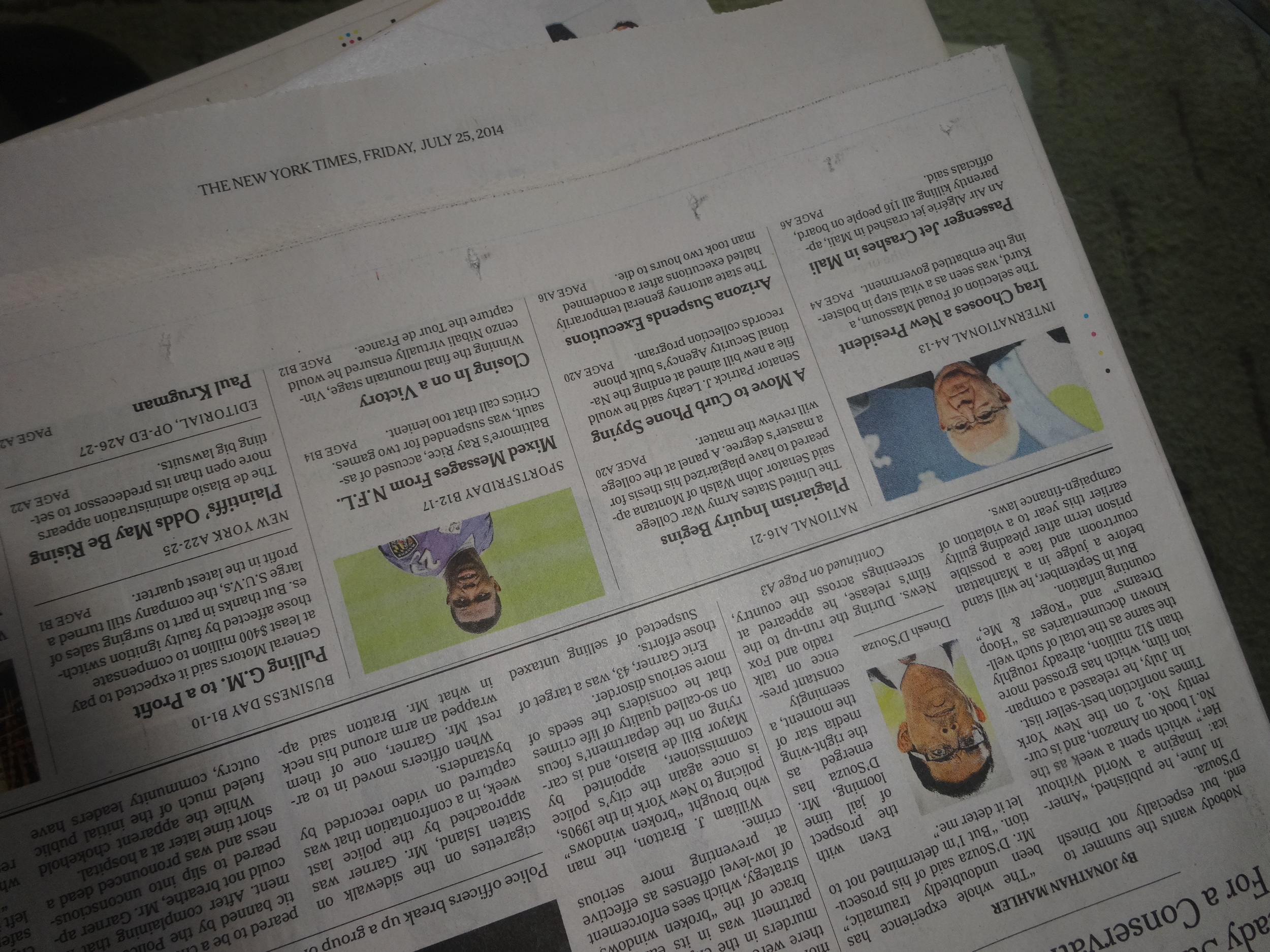In nature abundance is everywhere. Whether you look at the grass patch in front of your house (soooo many grass blades), the sand on the beach (soooo many grains of sand), the stream in the woods (soooo many water droplets), or your neighbor's apple tree (how many apple seeds on one tree? imagine all the new apple trees that could be grown from all those seeds), or the stars in the night sky - nature's abundance is limitless. If nature is so abundant, then scarcity (as in "I don't have enough money," or "I don't have any friends," or "I have to hurry, otherwise they'll run out of fill-in-the-blanks)" is a fabricated state of mind. Our mind is all powerful, and it influences how we see our world - and, yes, everyone inhabits their own version of the world. Since we exist in a continuous energy exchange with our surroundings the universe reflects back to us what we put out. If you keep looking out for lack, you will see lack reflected back to you. If you put out abundance, the universe reflects all that abundance out there back to you.
You may have heard of gratefulness journaling, writing down moments of gratefulness during the day in order to become more content. In a similar way you can train yourself to become more aware of abundance in order to promote more abundance in your life in general. Be aware that writing things down is more powerful than just thinking them because this crystalizes your thoughts, it brings you one step closer to actual manifestation. So writing down when you become aware of abundance helps to set this thinking into your mind. Notice the abundance of sunshine outside, the abundance of air, the abundance of bees, of carrots at the market, of cells in your body, of delicious moments in your life - imagine away and feel yourself expand.





